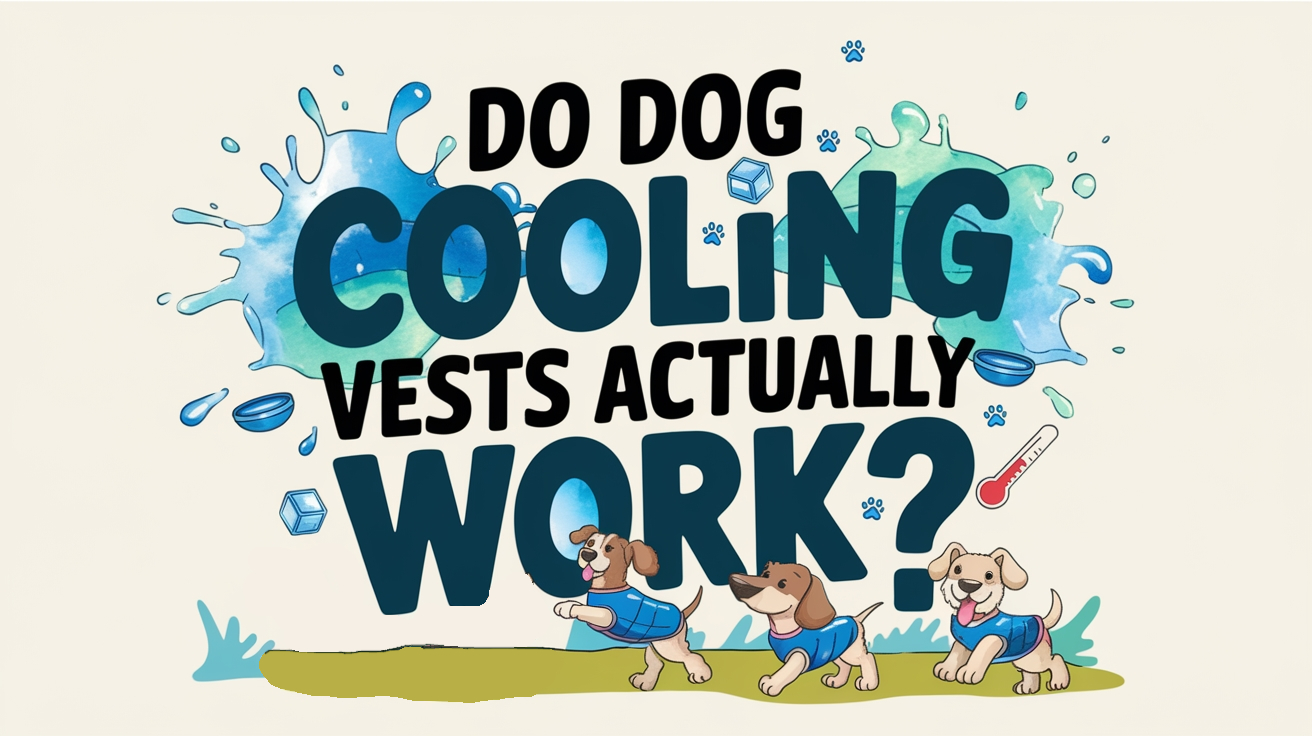Are you searching for eco-friendly ways to handle your dog’s waste?
It’s important to consider the environmental impact of pet waste disposal. There are various methods available, each with its own eco-friendly rating.
From traditional trash disposal to innovative solutions, there are several options to explore. As you navigate the different approaches, you’ll gain valuable insights into the environmental implications of each method.
So, which dog poop disposal option aligns best with eco-conscious practices?
Regular Trash + Landfill Disposal
When disposing of dog poop in regular trash destined for a landfill, it’s important to consider the environmental impact of plastic waste and methane production.
To reduce plastic waste, opt for smaller bags for dog waste. Using smaller bags minimizes the amount of plastic being discarded and helps in reducing the overall environmental impact. By choosing smaller bags, you can contribute to less plastic ending up in landfills, where it takes centuries to break down.
Additionally, smaller bags lead to less methane production from the decomposition of dog waste and biodegradable bags in landfills.
Making the switch to smaller bags for dog waste disposal in regular trash can significantly benefit the environment and assist in serving the greater good.
Flush Down Toilet
Flushing dog poop down the toilet is a convenient and easy method of disposal. It eliminates odors in the trash and reduces waste in landfills.
However, there are some considerations to keep in mind. There’s a potential strain on the plumbing system and a risk of contaminating water sources. It’s important to use dissolvable flushable bags and check with the local council for processing.
Properly dispose of cat waste separately. Be mindful of the environmental impact if dog waste isn’t managed properly.
Doggy Septic Tank
Considering the various dog poop disposal options, a doggy septic tank offers an alternative method for managing pet waste that can be both environmentally friendly and convenient for pet owners.
Advantages
Disadvantages
A doggy septic tank provides a sustainable way to handle dog waste, minimizing its impact on the environment. However, it does require careful consideration of installation and maintenance factors.
Burying
Burying dog waste in your backyard is a practical and environmentally friendly option for dog owners with outdoor space. It promotes natural decomposition, eliminating the need for plastic bags and preventing waste from entering landfills. When done correctly, burying dog waste can have minimal environmental impact and serve as a natural fertilizer for your garden, promoting soil health.
It’s important to consider local regulations and guidelines for burying pet waste to ensure responsible disposal. By burying dog waste, you can contribute to a more sustainable and eco-friendly approach to managing your pet’s waste while also nurturing your outdoor space.
Composting
After responsibly disposing of dog waste through burying, another eco-friendly option is composting, which can further reduce the environmental impact of pet waste while providing benefits for your garden.
Benefits of Composting Dog Poop
- Enriches soil with nutrients
- Reduces methane emissions in landfills
- Creates sustainable fertilizer for plants
Comparison of Different Composting Methods for Dog Waste
- Traditional composting bins: Requires regular turning and maintenance
- In-ground pet waste digesters: Utilizes natural soil organisms
- Vermicomposting with worms: Efficient at breaking down waste
Composting dog waste not only minimizes the ecological footprint but also enhances the health of your garden soil. Consider the various composting methods to find the most suitable one for your household.
Green Waste Facility Disposal
To dispose of dog poop in an environmentally friendly manner, consider using a green waste facility for commercial composting. Green waste facilities follow specific regulations to ensure safe and efficient composting of organic waste, including dog poop.
Composting dog waste at a green waste facility offers benefits such as diverting waste from landfills, reducing methane emissions, and producing nutrient-rich compost for soil enrichment.
Ensure that the green waste facility complies with local regulations and standards for composting pet waste.
Biogas Conversion
Considering the environmental benefits and sustainable energy potential, converting dog poop into biogas presents a promising solution for pet waste management.
- Benefits of Biogas Conversion for Dog Poop Disposal
- Produces renewable energy
- Reduces greenhouse gas emissions
- Provides a sustainable waste management solution
- Potential Challenges of Implementing Biogas Conversion for Dog Poop Disposal
- High initial setup costs
- Requires specialized equipment and expertise
- Regulatory and safety considerations
Biogas conversion not only addresses the problem of dog waste but also contributes to renewable energy production. While there are challenges to overcome, the potential benefits for the environment and sustainable energy make it a compelling option for responsible pet waste management.



